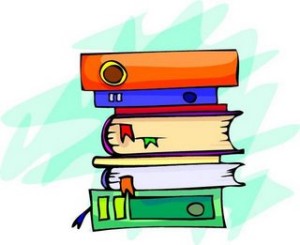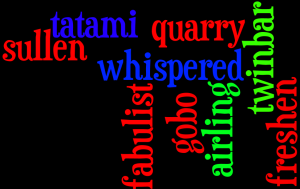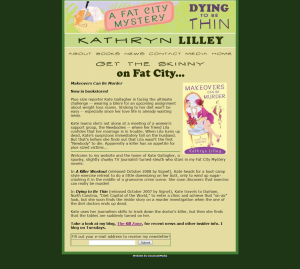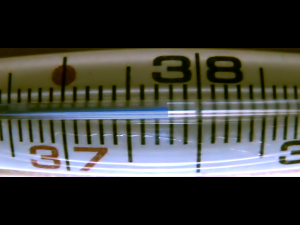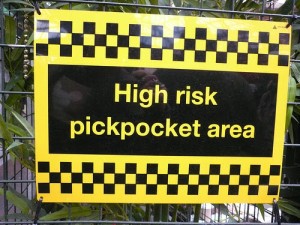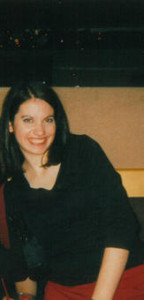Poll #1: When you purchased a book recently, what was the MOST important criteria for you?
More than 50% of the voters said they’d most recently purchased a book by an author they’d previously read, and liked.
“Tried and true” seems to be the guideline for people buying hardcover books. They don’t want to spend $26 dollars on someone they’ve never read before, and who can blame them?
This result would suggest good news for established writers, not so good for debut authors. In the comments, however, people indicated that they sampled new authors from libraries and second-hand vendors, opening the door to future sales of books by those writers.
Poll #2: “The last time I purchased a book, I bought it from…”
A majority of people (30%) purchased their last book from Amazon. Not a promising result for bricks-and-mortar bookstores, or for authors’ or publishers’ profit margins.
I’m going to leave the polls up there, add new ones, and report back from time to time with updated results. I’m undertaking this polling because I’m frustrated by the dearth of hard data about consumers’ book buying habits. (And if that data exists, someone please point me to it!) I’m tired of the standard answer of “nobody knows anything.”
This week’s conclusions
Debut authors can’t count on robust hard cover sales. If a publisher wants to get a debut author’s career rolling, I suggest they include free e-books of debut authors with books by similar, established bestselling authors, to get the reading public familiar with the new writer. After a limited free e-book distribution, the publisher can charge for the next book and future versions of the debut novel. This approach would mean that publishers would have to look for writers to support over the long haul, not just a one-book wonder.
Don’t feel too envious of “established” writers, though. If you think that life is easy once you hit the NYT list, check out this post by bestselling author Lynn Viehl. She actually posts her royalty statements and gives a good insight into the tough career that is known as authordom. It’s an exhausting climb, even for those standing (at least momentarily) on the peak.
My other conclusion of the week is that Amazon is eating everyone’s lunch.
But then, we all already knew that. Didn’t we?

